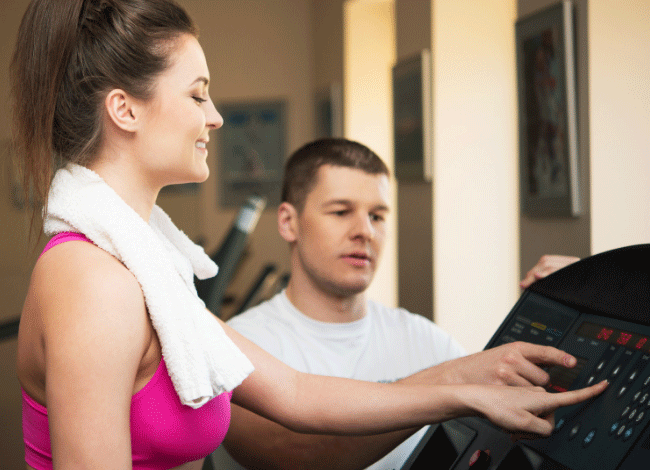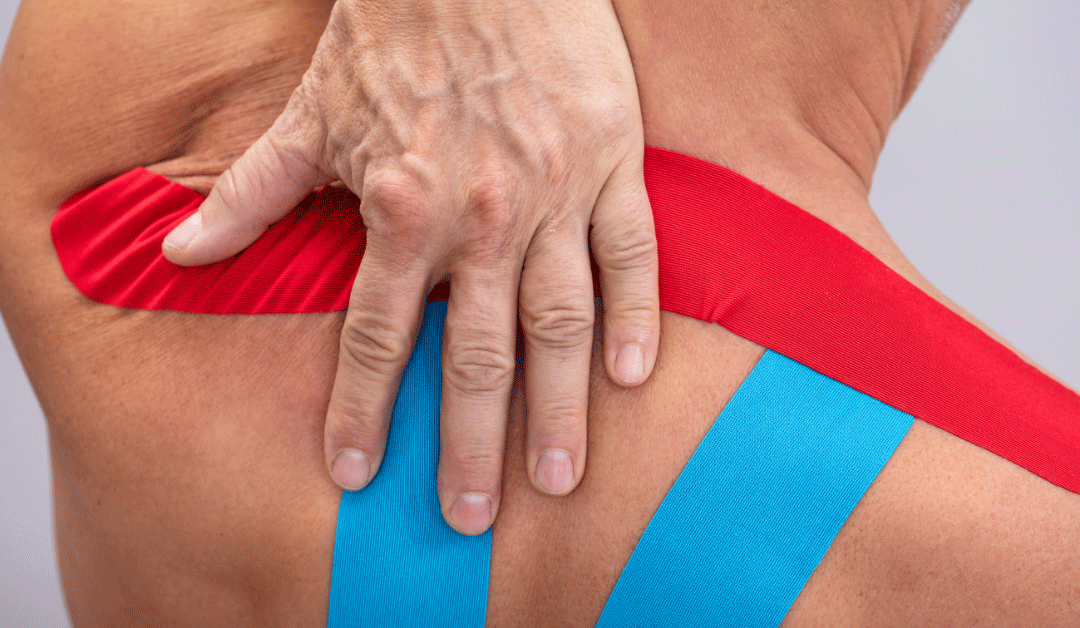Do you play sports? People who engage in athletic physical movement, whether it be at a professional or social sporting level, place their bodies, muscles, joints and bones under increased stress and have the potential for injury no matter their age or fitness level. As an athlete, it is important to not only treat any injuries as they occur, to avoid more serious and permanent damage, but to understand how to prevent issues associated with your chosen sport and types of movement that it requires.
Sports Physiotherapy can help people recovering from sporting injuries as well as arming them with the education and resources to help prevent injury. Physiotherapists are seen in a variety of settings, including clinics, sports organisations, and private practices. Knowing the roles that Physiotherapists play in health care will help you determine if working with one is right for you.
What is Sports Physiotherapy?
Sports Physiotherapy or Sports Physio is the specialised branch of physiotherapy which deals with injuries and issues related to sportspeople. Sports injuries do differ from day-to-day injuries. Athletes typically require high-level performance and demand placed upon their body.
Physiotherapists have specialised training to treat athletes who are more prone to injury due to the high intensity of the sports they play. Physiotherapists can:
- Provide tailored training plans
- Treat sports-related injuries
- Provide hands-on treatment to maximise performance
- Help prevent injury
What Sporting Conditions do Physiotherapists treat?
Sport is a great way to stay fit, healthy and have fun. However, if you’re confronted with a sports injury, it can hinder your routine and performance. Unfortunately, injuries can strike anyone, whether you’re a high performing athlete or if you just engage in low key activities.
Physiotherapy can be used as a healing process as well as a preventive measure and a means of conditioning. The range of sports injuries aided by physiotherapy is vast but is primarily focused on the treatment of muscular pain, strains and the rehabilitation process following fractures and breaks in the bones or severe muscle or ligament tears.
Muscular Pain
Usually aches and pains can be eased with intensive massage therapy which will reduce tension around the affected muscles, reduce stiffness and increase blood flow to warm the muscles. Most professional sports players have massages frequently; this helps to reduce tension as well as keeping the muscles in optimum condition; this will reduce the possibility of injury in the future.

Ligament Sprains
Ligaments are the connective tissue structures that connect bones to each other. Ankle and knee joint sprains occur frequently in sports involving sudden direction changes whilst running. Physiotherapists can assess and diagnose the type and extent of injury as well as providing management advice to limit further damage and minimise time on the sidelines.
Muscle Tears
A muscle tear can put an athlete out of action for a long period of time. During the healing process, physiotherapy can help to manage pain and increase strength and flexibility in the affected area by means of gradual exercise and stretching. Massage and electrotherapy will generally be effective in facilitating the healing process.

Fractures and Breaks
Following a fracture or a break the area will need to heal. Once the healing process is underway, physiotherapy may be used to build up muscle strength and restore normal joint activity. Exercises and stretches will gradually help to restore the affected area to normal but this process may take a long time particularly if the break was complex and affected a major bone. Physiotherapists will gradually increase the amount of physical exercise the patient does which will build up strength and flexibility and increase the range of movement.
Repetitive Strain Injuries
Conditions such as tennis elbow may require physiotherapy; this treatment will aim to control and reduce pain and decrease the amount of swollen tissue surrounding the elbow joint. Further treatment may also include specific exercises and pain management techniques.

Benefits of Sports Physiotherapy
Some of the ways in which Sports Physiotherapy can help athletes include:
Immediate Relief of Pain
Physiotherapists are knowledgeable in their treatment of injury, which allows them to assess and target the source of pain. A Physiotherapist can provide immediate pain relief by providing treatment for pain, depending on the nature of the injury. This can include:
- Hot or cold packs
- Taping certain areas of the body
- Hands-on treatment
- Dry needling
Prevent Injury
Regular visits to a Physiotherapist is an essential part of keeping healthy for athletes. They can assess current movement and identify areas of weakness or minor inflammation which could otherwise have led to an injury. They can assist with building up strength appropriate for the sports being undertaken, and in this way can prevent injury from occurring in the first place.

Tailored Treatment Plans
Sports Physiotherapy assists athletes to design a focused training plan specific to areas of weakness and can make adjustments for current or previous injury limitations. A Physiotherapist works one-on-one to develop and challenge an athlete’s limitations, whilst building the strength of ligaments, joints, bones and muscles, in order to improve their performance. A tailored treatment plan helps an athlete to reach their full potential.
Promotes Relaxation
Having a healthy body can lead to a happier and healthier individual, making a well-rounded sports person. Hands-on treatment with Sports Physiotherapy is also effective in relaxing muscular tension. Assistance from a qualified Physiotherapist gives a sports person peace of mind knowing they are in the best possible hands for their sports needs or injury management.

Injury Treatment
A sports injury cannot always be prevented and unfortunately it occurs to many athletes. Drawing from their vast knowledge from their training and experience, Physiotherapists can assist with achieving a faster rate of recovery from injury and improve healing time by providing specific exercises and treatment. The types of treatments depend on the injury and its severity, as well as the Physio’s knowledge of the individual.
Cardio Training
In addition to hands-on treatment and exercises, Physiotherapists can also provide assistance with cardiopulmonary training to enhance cardio fitness. This practice is a beneficial tool for athletes wanting to improve endurance, breathing and build their fitness.

Muscle & Joint Flexibility
Increasing muscle and joint flexibility is a key component of treatment with a Physiotherapist. Improved flexibility results from the exercises performed which can lead to a greater chance of preventing injury.
SPHC Sports Physiotherapy
Our highly qualified Physios work passionately to ensure the best care and outcomes with people from a range of sporting areas, including;
- Aussie Rules Football (AFL)
- Rugby
- Netball
- Dance
- Tennis
- Soccer
- Cricket
- Golf
- Swimming
- Gymnastics
- Cycling
- Weightlifting/Gym activities
- Ice Skating
- Jogging/Running/Athletics
- Hockey
- Surfing
To make an appointment with one of our Physiotherapists you can contact us on 38691099 or book online.

